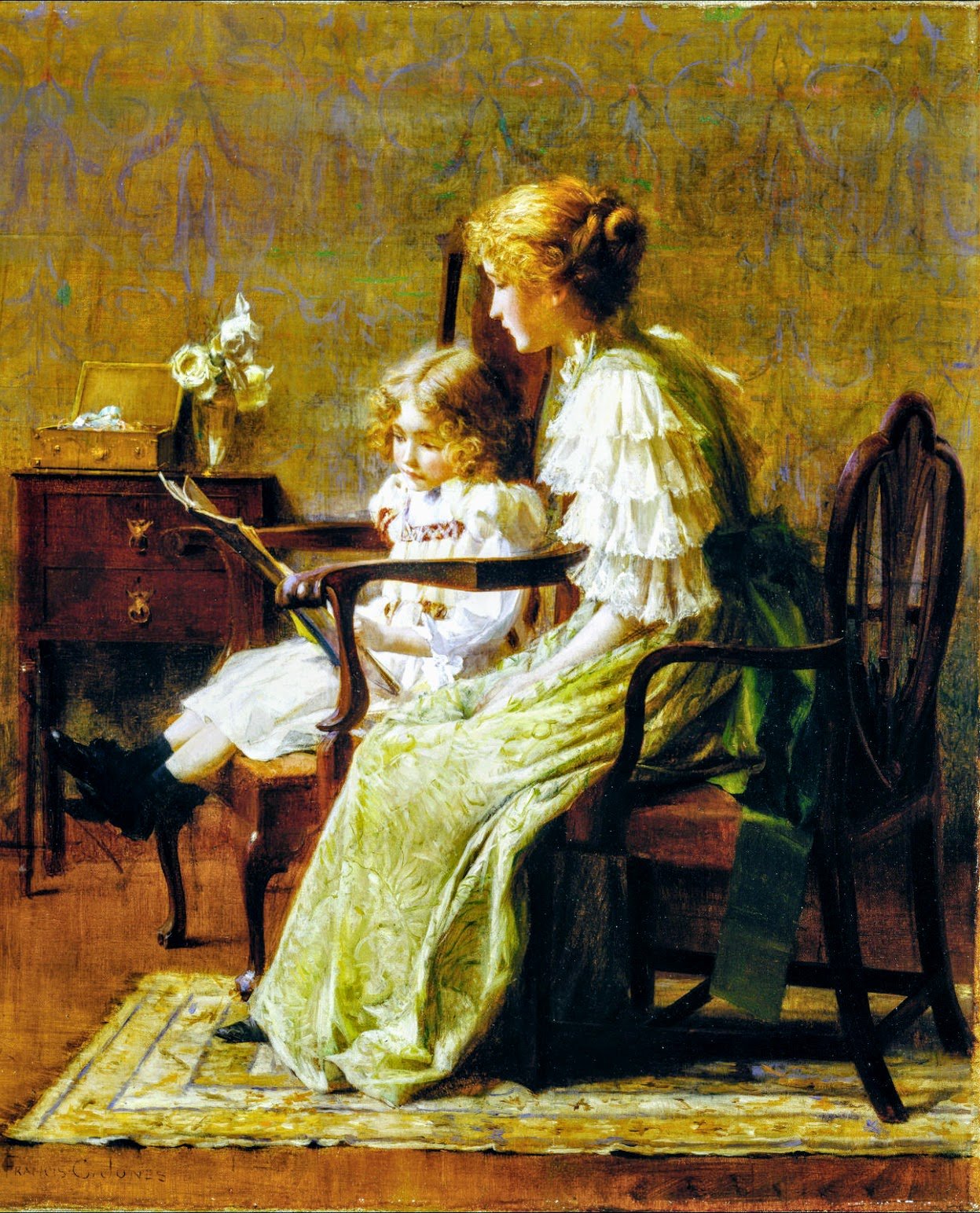J.K. Rowling, Harry Potter and Hermione Granger made a lot of granddaughters and grandsons enthusiastic about learning to read. Some kids are destined to become avid readers, in particular those who have a parent with a doctorate in English literature, or a grandma who loves reading. Yet, family background aside, almost any child can fall in deep love with reading, a passion that brings invaluable benefits for life.
Unfortunately, according to a survey by the National Assessment for Educational Progress, the numbers of 9- and 13-year-olds who regularly read for pleasure has collapsed. The proportion of 9-year-olds who report reading for enjoyment almost everyday has declined by around 8%, from more than 50% in 1984 to 42% in 2019-2020. And the decline among middle schoolers is even more worrisome, the number of happy readers in this group dropping by more than half, to only 17%.
Such a situation is alarming for many reasons, the first being that the kids who read for pleasure daily get the best results on reading assessments, among many other advantages such as a larger vocabulary and higher math abilities. In this regard, a British study found that reading for pleasure was more important than a student's socioeconomic background.
Social media and the avalanche of digital activities undoubtedly divert many hours which could be devoted to reading printed books, magazines, newspapers and the like. Once again, parents, grandparents, caregivers and teachers play a major role in the promotion of old-fashioned reading, a crucial activity for the good development of agile minds.

Picture: Mother and Daughter Reading, by Francis Coates Jones (Wikimedia Commons, w/Effects)



